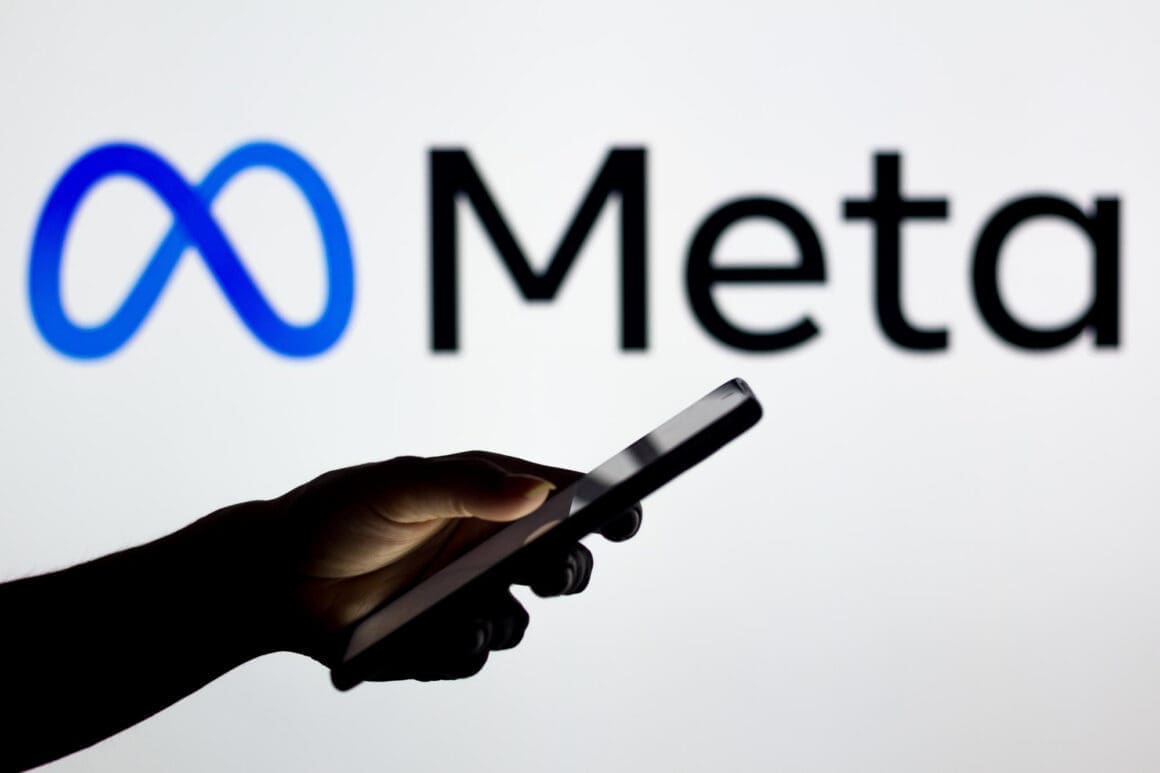Meta has announced plans for a substantial $10 billion investment in an artificial intelligence data center in northeast Louisiana, aiming to rejuvenate a region economically reliant on agriculture. This initiative comes as part of a broader trend among states offering tax incentives to attract leading tech companies.
Governor Jeff Landry has lauded the project as transformative for Louisiana’s growing tech sector. However, concerns exist regarding the new facility’s dependency on fossil fuels, which could potentially increase energy costs for residents. Environmental groups are particularly wary of the natural gas power plants planned to support the center.
This data center expansion aligns with a report from the U.S. Commerce Department, which highlights a shortage of data centers in the U.S. amid growing AI demand. Meta’s massive 4 million square foot site is expected to generate 500 permanent and 5,000 temporary construction jobs. Kevin Janda, Meta’s director of data center strategy, emphasized the company’s commitment to positive local impacts through infrastructure investments.
Public discourse has also focused on the proposed natural gas plants by Entergy, which would contribute significantly to the power requirements of Meta’s center. Jessica Hendricks from the Alliance for Affordable Energy pointed out the risk of rate increases for residents once Meta’s energy contract expires, highlighting the importance of safeguarding consumers.
Public service commissioner Foster Campbell expressed strong support, arguing the development addresses urgent needs in northeast Louisiana, a region with significant poverty and low employment rates. Despite his confidence, environmental advocates continue to challenge the reliance on fossil fuels.
Concurrently, Elon Musk’s AI company, xAI, is enhancing its supercomputer capabilities in Memphis, Tennessee. This development has also drawn criticism for potential environmental impacts, including from the Southern Environmental Law Center, citing long-standing pollution issues in predominantly Black neighborhoods.
The opposition voices call for transparency and inclusivity in planning processes, advocating for community engagement in decisions that could affect public health and environmental conditions. Patrick Anderson, a law center attorney, described xAI’s operations as lacking transparency, potentially exacerbating existing environmental injustices.
Meta’s planned data center in Louisiana and xAI’s expansion in Tennessee highlight the complexities of balancing economic growth with environmental sustainability. As these developments progress, the dialogue between tech companies, government officials, and environmental groups remains critical in shaping their outcomes.
Source: News4jax














